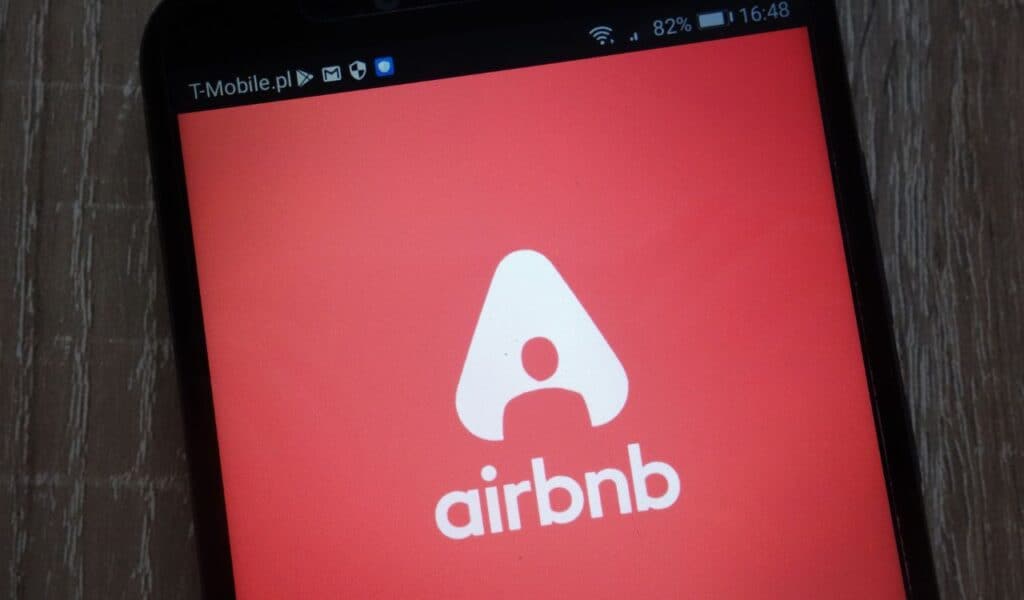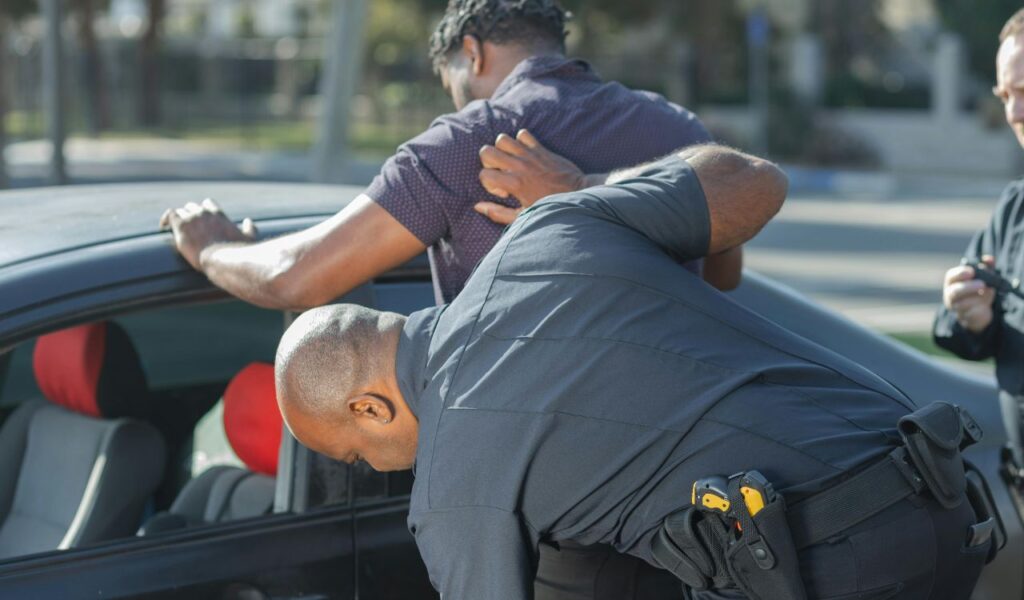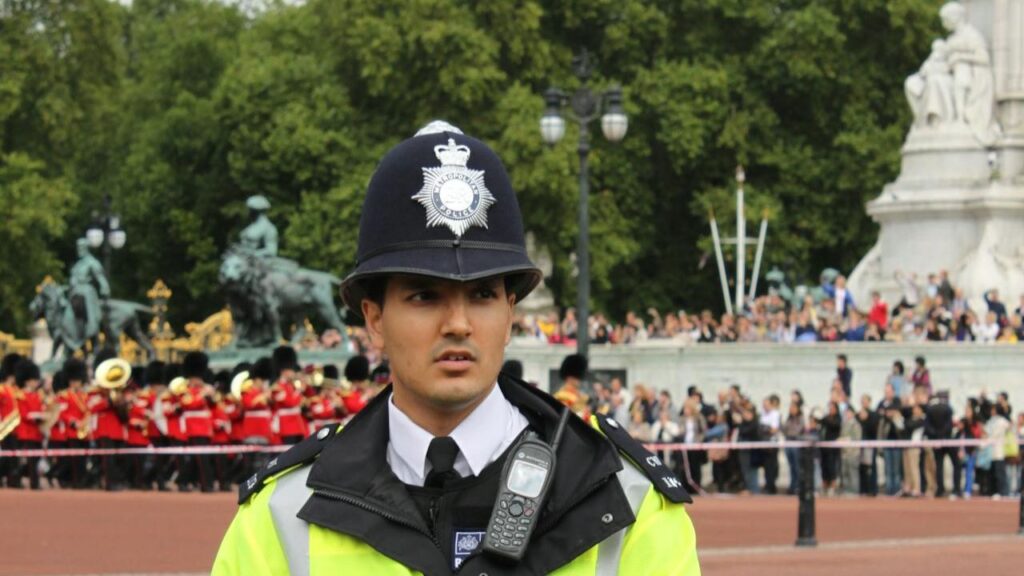We may earn money or products from the companies mentioned in this post. This means if you click on the link and purchase the item, I will receive a small commission at no extra cost to you … you’re just helping re-supply our family’s travel fund.

Over 6,600 Airbnb guests were suspended in a single year for violations that could land them in handcuffs. In 2025, both law enforcement and governments worldwide are treating short-term rental violations more seriously than ever, with criminal charges becoming the new norm rather than the exception. From tax evasion to violent crimes, both hosts and guests are discovering that ignorance of the rules is no longer an acceptable defense. Here are the 10 Airbnb activities that could lead to arrests in 2025.
1. Operating Unlicensed Short-Term Rentals

Spain just began criminally prosecuting Airbnb hosts who operate without proper registration, and they’re not alone. California, Greece, and France implemented mandatory nationwide registries in January 2025, with violators facing criminal charges and fines reaching tens of thousands of dollars. What makes this particularly serious is that ignorance of licensing requirements offers no legal protection (authorities are actively cross-referencing platform listings with official databases to catch unregistered hosts). The crackdown stems from critical housing shortages, where governments argue unregulated rentals worsen affordability for local residents.
2. Throwing Unauthorized Parties Despite Global Ban

Airbnb suspended over 6,600 guests in 2021 alone for throwing unauthorized parties, and many now face criminal records. After five people died in an Orinda, California shooting at a 2019 Halloween party, Airbnb made its party ban permanent in June 2022, meaning guests caught hosting parties now risk arrest for disturbing the peace, noise violations, and property damage. Law enforcement is increasingly getting involved in serious cases, turning what once meant a platform suspension into potential jail time. The platform has deployed anti-party technology flagging suspicious bookings based on age, patterns, and proximity to the renter’s home.
3. Tax Evasion on Rental Income

The IRS and state tax authorities have Airbnb hosts squarely in their crosshairs, with some states conducting coordinated audits of thousands of hosts simultaneously. What many hosts don’t realize is that Airbnb automatically reports host earnings to tax authorities in most jurisdictions, making underreporting nearly impossible to hide. Hosts failing to report short-term rental income or pay newly mandated taxes face criminal tax evasion charges that include substantial fines and potential imprisonment. This enforcement area has exploded in 2025 as cash-strapped governments seek new revenue streams from the platform’s billions in annual host earnings.
4. Violating City-Wide Rental Moratoriums

Budapest implemented a complete two-year short-term rental moratorium, and hosts who continue operating face criminal prosecution and massive fines. This represents one of the most aggressive regulatory responses to Airbnb in Europe, with other municipalities following suit to address critical housing crises. Authorities are actively monitoring platforms and cross-referencing listings with registry databases, making it virtually impossible for scofflaw hosts to operate under the radar. Defying these bans isn’t just risky (it’s criminal), with some jurisdictions treating violations as serious housing code offenses punishable by jail time.
5. Installing Hidden Cameras and Illegal Surveillance

In a shocking 2025 case, a Moroccan Airbnb host faced criminal charges for secretly filming guests in intimate situations, highlighting how serious courts treat these privacy violations. Hosts installing hidden cameras in bedrooms, bathrooms, or private spaces without guest consent face charges for voyeurism and invasion of privacy that can result in years behind bars. The consequences extend beyond criminal charges (research analyzing 5 million Airbnb reviews found that safety concerns cause property occupancy rates to plummet by up to 2.4% and nightly prices to drop 1.5%). Guests take these violations extremely seriously and vote with their wallets.
6. Drug Manufacturing, Distribution, or Possession

Toronto host Daniel watched $40,000 vanish after police arrested his guest on drug trafficking and weapons charges inside his property. Guests using Airbnb rentals for illegal drug cultivation, trafficking, or large-scale consumption face immediate police raids and serious criminal charges. The temporary, anonymous nature of short-term rentals makes them attractive to dealers, but sophisticated police analytics now flag suspicious booking patterns. These coordinated busts can result in both guest arrests and host liability if negligence is proven, turning property owners into unwitting accomplices facing their own criminal exposure.
7. Running Commercial Sex Work Operations

Using Airbnb properties for escort services or commercial adult entertainment is a fast track to criminal charges for both providers and clients. Law enforcement agencies have developed specialized task forces monitoring short-term rental platforms for suspicious activity patterns, including frequent short bookings and high turnover rates. Both parties face arrests under local solicitation and prostitution laws, with some jurisdictions treating repeated violations as felony offenses. The platform actively bans properties flagged for these purposes, and repeat offenders face permanent bans while navigating criminal prosecution that ranges from misdemeanors to organized crime charges.
8. Organized Cybercrime and Fraud Operations

In one coordinated 2024 bust, authorities arrested an entire cybercrime gang that turned multiple Airbnb rentals into call centers targeting elderly victims with elaborate financial scams. International law enforcement has arrested multiple operations that rented properties across Europe to run phishing schemes, bank fraud, and money laundering away from their home bases. These sophisticated operations involve multiple perpetrators working in shifts with stolen laptops and phones, victimizing people for hundreds of thousands of dollars. The convictions carry lengthy prison sentences for organized crime, wire fraud, and conspiracy charges that can total decades behind bars.
9. Human Trafficking Operations

Airbnb rentals used for human trafficking face immediate federal prosecution under stringent anti-trafficking laws that carry some of the harshest penalties in the criminal justice system. Both property owners and perpetrators face serious felony charges and mandatory minimum prison sentences stretching into decades, with absolutely no room for leniency or plea deals in most jurisdictions. The anonymous, temporary nature of short-term rentals initially made them attractive to traffickers, but Airbnb has since implemented verification systems and works directly with organizations like Polaris Project to identify and report suspicious bookings that match known trafficking patterns. This represents the darkest intersection of short-term rentals and criminal activity.
10. Hosting Violent Crime Activities

In a Tampa case that shocked the community, a host was arrested after multiple gunshots erupted during an unauthorized gathering at her property, injuring several people. Properties used for violent crimes, assaults, shootings, or gang-related activities result in immediate guest arrests and potential criminal liability for hosts who failed to properly vet renters or ignored red flags. Research found that a 10% increase in Airbnb listings in London corresponds to roughly 1,000 additional robberies per year, as the transient nature of short-term rentals “pokes holes in the social fabric” of neighborhoods. This creates opportunities for criminal activity to flourish undetected, with serious legal consequences cascading to everyone involved.
Other Blog Posts You Might Enjoy
www.idyllicpursuit.com (Article Sourced Website)
#Airbnb #Activities #Lead #Arrests #Idyllic #Pursuit
